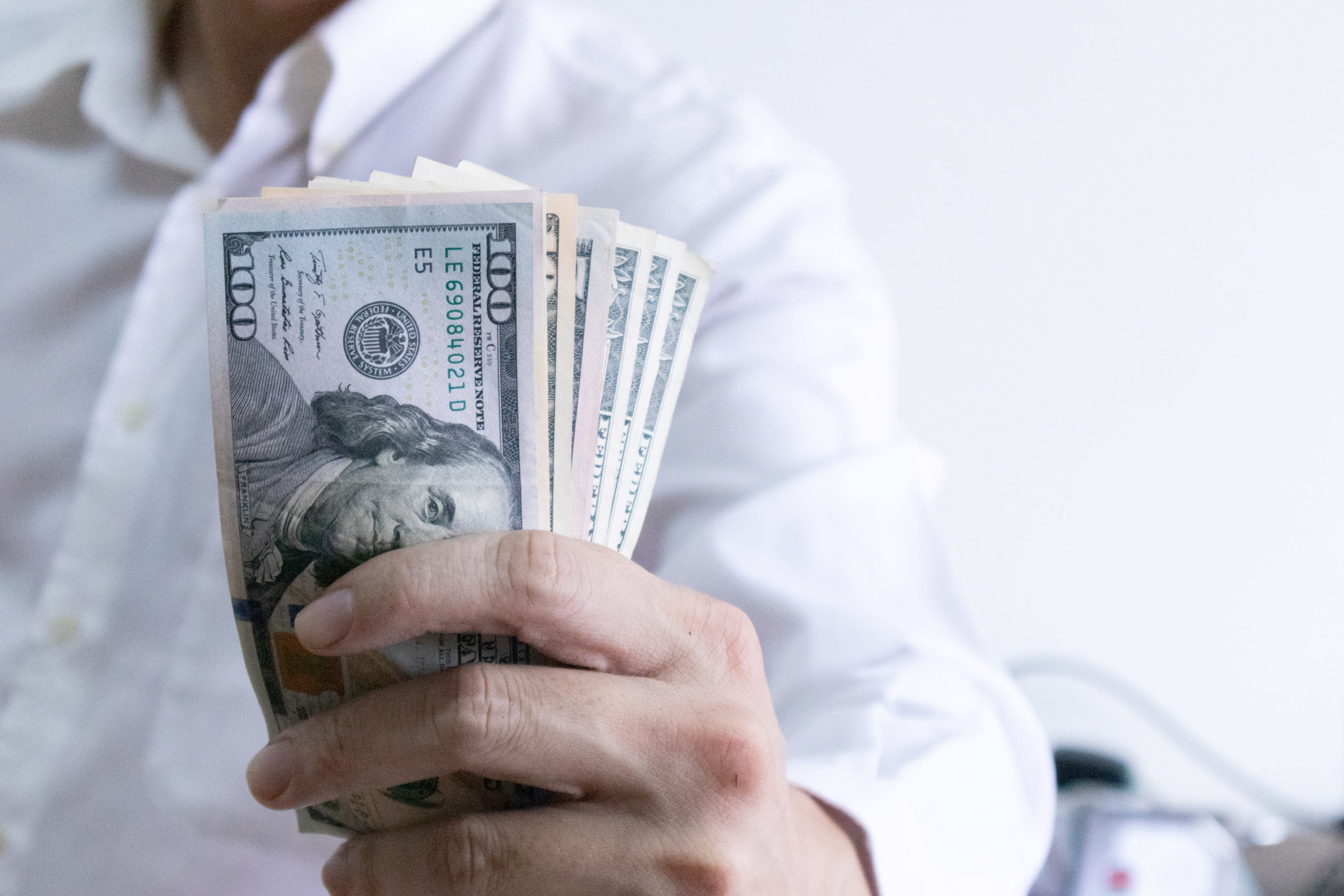The world’s wealthiest could be subjected to higher tax rates as governments scramble to fund spending and repair their economies amid the coronavirus crisis, an economist has predicted.
Speaking to CNBC’s “Street Signs Europe” on Monday, Roger Bootle, chairman of Capital Economics, said he was concerned that some governments — including Britain’s — would assume tax rates must go up in order to mitigate the impacts of the pandemic.
“If the deficit doesn’t come down dramatically as a result of economic growth alone, then something will have to be done, and there’s a choice between either reducing the rate of spending or raising taxes,” he explained.
“I’d be very much in favor of reducing the rate of spending — the danger is, if you put up tax rates, you clobber incentives and you reduce the efficiency of the economy, and that’s the very, very last thing that you should be doing.”
Bootle added that a tax response to the crisis would become a political issue as policymakers navigated reopening their economies, recovering lost GDP (gross domestic product) and pleasing the public.
“It’s about social acceptability, and I think it’s possible in a number of countries, after all this people might feel that taxes need to go up for some social reason,” he told CNBC. “In particular it’s quite possible in some countries you’ll see the top taxes — wealth taxes — go up.”
In an opinion piece published in The Telegraph newspaper on Sunday, Bootle argued that while the U.K. government would eventually have to bring down its debt ratio, hiking taxes was not the answer.
“We can do this gradually without imposing huge tax burdens,” he wrote. “We could let higher taxes take the strain, but this would be a huge mistake and could be counterproductive. Instead, if we can keep the growth rate of state spending significantly below the growth of GDP, we can reduce the budget deficit sharply and even turn it into a small surplus.”
Wealth tax
The idea of introducing or increasing tax rates for society’s wealthiest has been floated by economists as the long-term impact of the Covid-19 pandemic becomes more apparent.
According to the International Monetary Fund, the world is set for the deepest recession since the 1930s, with the global economy expected to contract by 3% in 2020.
In a paper published last month, the IMF suggested governments should consider increasing taxes on income, property and wealth through a so-called “solidarity surcharge” as a way of funding programs to protect their economies.
Meanwhile, in an April article for the New York Times, Daniel Markovits, a law professor at Yale and author of “The Meritocracy Trap,” said a 5% tax on the wealthiest 5% of American households could raise up to $2 trillion.
“Our extraordinary battle against the pandemic should draw on the immense reserves that the most privileged among us have accumulated over decades of abundance,” he said.
“Government borrowing is tempting because debt is now so cheap. But borrowing will in the end burden the young, who are now suffering their second economic calamity in a decade. Instead, the relief effort should be funded through a one-time wealth tax imposed on the richest Americans, whose wealth has exploded alongside rising inequality.”
British academics have also been arguing the case for implementing wealth taxes amid the Covid-19 outbreak.
Nick O’Donovan, a senior lecturer at Manchester Metropolitan University’s Future Economies Research Centre, claims the British government could cover the costs of the pandemic with a one-off tax on the wealth of U.K. citizens. Meanwhile, researchers from City University in London have suggested that taxing wealth at the same rate as income could raise £174 billion ($214 billion) to fund the response to Covid-19.
Taxing wealth was a core policy in Senator Elizabeth Warren‘s campaign for the Democratic candidacy. Under Warren’s proposal, net worth between $50 million and $1 billion would have been subject to a levy of 2% to, while wealth above $1 billion would have been taxed at 6%.
